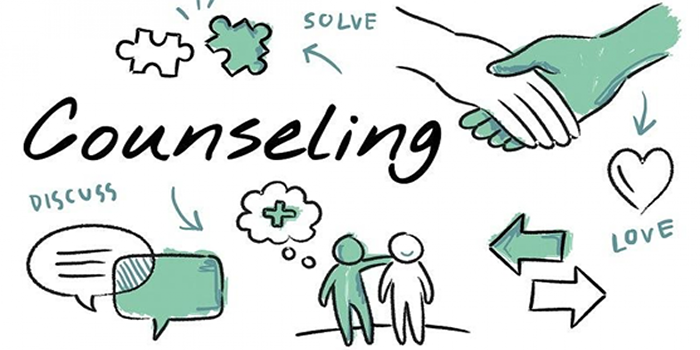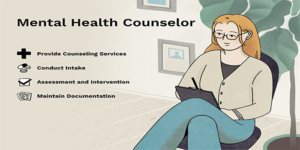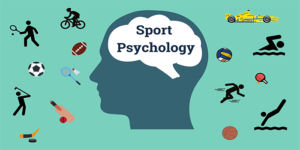
Counseling is a type of talking therapy that involves a trained counselor or therapist helping a person or group of people to explore their feelings, beliefs, or behaviors, and find ways to cope with a wide range of challenging situations. Counseling typically involves one–on–one or group sessions, and may involve a range of techniques, such as cognitive–behavioral therapy, psychotherapy, and other evidence–based approaches.
Counseling Training Course
Counseling training courses provide aspiring counselors with the skills necessary to work in the field. Training courses cover a wide range of topics, from the fundamentals of therapy to specialized techniques for working with different populations. Course content can vary greatly depending on the program and the school offering the program. Generally, counseling training courses include topics such as introduction to counseling, counseling theories, assessment, diagnosis, ethical standards, and communication skills. Many courses also involve hands–on practice in the form of role–playing, case studies, and other experiential learning activities.
Which Course is Best for Counselling?
The best course for counselling will depend on your personal goals and interests. Some of the most popular courses include:
–Certificate in Counselling
–Diploma in Counselling
–Bachelor of Counselling
–Master of Counselling
–Doctorate in Counselling
–Advanced Diploma in Counselling
–Certified Counsellor Training
–Psychotherapy and Counselling Training
–Clinical Counselling Training
What Qualifications do I need to be a Counsellor?
In order to become a qualified counsellor, you would generally need to complete a relevant counselling qualification, such as a diploma or degree in counselling. Depending on the type of counselling you wish to practice, you may need additional qualifications or experience. For example, if you want to work with children, you may need to complete a postgraduate qualification in counselling children and/or young people. Alternatively, if you wish to work with clients in a specific area of counselling, such as substance misuse or mental health, you may need to complete additional qualifications or training in that particular field. Once you have achieved your qualification, you may need to be registered with the relevant professional body, such as the British Association for Counselling and Psychotherapy (BACP).
What is the Course of Counselling?
Counselling is a process that involves a trained counsellor helping an individual to explore their thoughts, feelings and behaviour in order to gain clarity and insight, and to identify and make changes to improve their life. Counselling typically involves regular meetings between the counsellor and client, and may involve activities such as goal–setting, problem–solving, and exploring the client‘s past experiences. The counsellor will usually use a range of techniques to help guide the client through the process, such as talking, listening, and exploring feelings, beliefs, values and thought patterns. The goal of counselling is to help the client to gain an understanding of their current situation and to develop the skills and resources to manage their own life and make informed decisions.
Best University for Counseling Training Course in India
1. Tata Institute of Social Sciences, Mumbai
2. Indian Institute of Technology, Delhi
3. National Institute of Mental Health and Neuro Sciences, Bengaluru
4. Banaras Hindu University, Varanasi
5. National Institute of Educational Planning and Administration, New Delhi
6. Institute of Human Behaviour and Allied Sciences, Delhi
7. Symbiosis Institute of Health Sciences, Pune
8. Amity University, Noida
9. Indian Institute of Psychology and Research, Bengaluru
10. Christ University, Bengaluru






